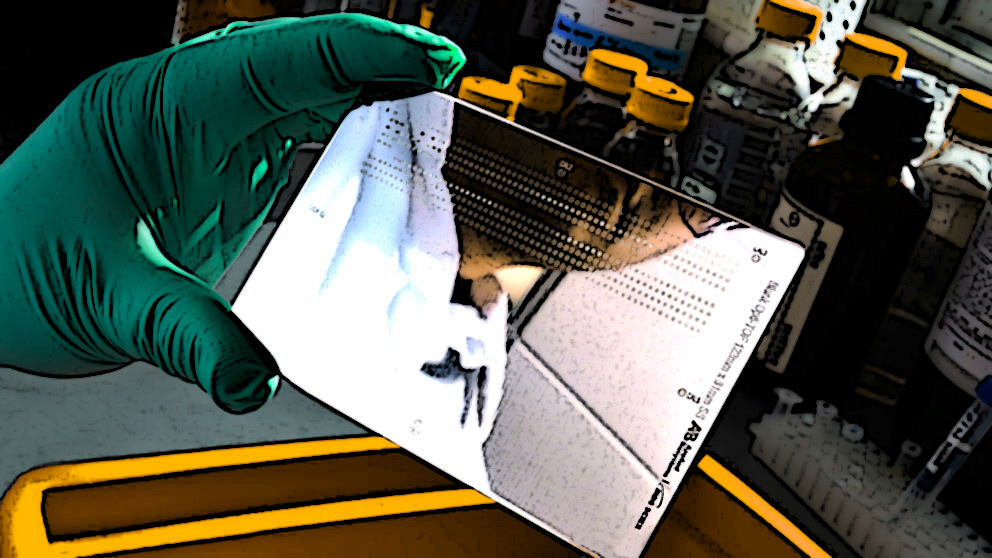
In my previous post I outlined the four phases of career development. I promised you a discussion of each stage, including how I personally have employed these steps in defining my own career path.
So, as a reminder, here are the steps outline in Melanie Sinche's book, Next Gen PhD: A Guide to Career Paths in Science.
- Self-Reflection
- Career Exploration
- Goal Setting
- Job Search
Self-reflection, also known as self-assessment, is probably the most crucial part of a successful job search strategy. It involves taking a critical look at what is most important to you, and how you define your personality and values. At the end of this process you will undoubtedly understand more about your core interests, your talents and weaknesses, and your short-term and long-term priorities.
To be honest, that sounds incredibly uncomfortable. And I don’t mean writing about it in a blog post — I mean, even thinking about self-reflection sounds awkward. So my tactic is to ease into the process slowly, to avoid overwhelming my mind and giving up on the assessment altogether.
What are some questions to consider during the self-reflection process, for a lonely postdoc trying to find a career? To start, try to identify topics you find compelling. It could be anything. If you are having a brain freeze on this question, think of it this way instead: how to you like to spend your free time? What shows do you watch, or which websites do you follow?
I’ll answer a few of these questions: I love editing, anything and everything. I will edit essays, grants, abstracts, dissertations, and I will end my list there since this is supposed to be a short article. I also care deeply about supporting women and minorities in science, government, and leadership positions.
For many scientists, part of the reason we pursued a Ph.D. is the desire to improve the lives of other people. The Ph.D. is a powerful tool in harnessing the power of science to improve healthcare, government, or social equality, and all of this can be accomplished outside the bounds of academia. If there is a specific issue in which you want to be actively involved, chances are that your Ph.D. will be a huge asset.
Another part of self-reflection is actually talking to other people, such as friends, family members, partners, mentors, or coworkers, about what they see as essential parts of you. When have they seen you at your most animated, or what do you seem the most excited about?
This part is insanely difficult. I’m an introvert by nature, and I hate disappointing my peers and superiors. So asking other people to tell me, directly, what they think I should do or what they perceive that I’m most passionate about sounds potentially painful.
This is a good time to remember that you are not alone. Everyone with a Ph.D. has had to think about career choice at one point or another. Many of the people you want to ask, especially your peers, are probably in the same situation. They may appreciate your feedback as well. Simply bringing up the topic of self-assessment in a conversation about job prospects may be enough to break the ice and generate a helpful discussion. It’s possible that there is a talent or ambition you don’t recognize, but is completely obvious to everyone around you.
The idea of self-reflection is to identify broad themes that interest you, and to keep these topics at the forefront when considering career options. Beyond these types of broad self-assessments, there are more questions you can ask to help connect your interests to specific professions. I will cover linking self-assessment and career exploration in the next article. In the meantime, good luck with your self-assessments!
*For more information about self-assessment I encourage you to read Melanie Sinche’s book Next Gen PhD: A Guide to Career Paths in Science. Sinche has graciously allowed me to borrow information from her book for the blog posts, but there are more specific examples and advice about every step of the career development process in her book.
Ellen Elliott, Ph.D., is a postdoctoral fellow at The Jackson Laboratory for Genomic Medicine in Farmington, Conn. Ellen works in the laboratory of Adam Williams, Ph.D., where she is studying the function of long non-coding RNAs in TH2 cells and asthma. Follow Ellen on Twitter at @EllenNichole.